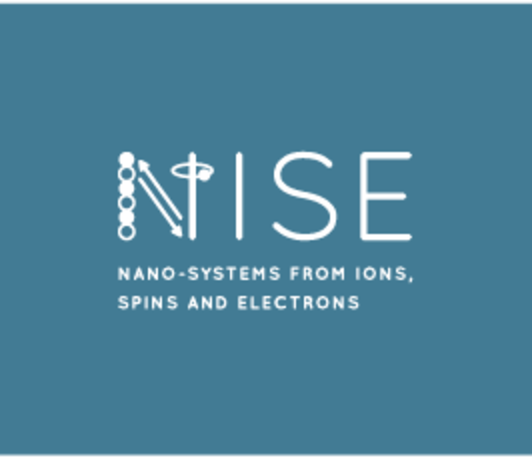Boosting the Edelstein effect of two-dimensional electron gases by strain and ferromagnetic exchange
NISE Seminar
- Datum: 29.02.2024
- Uhrzeit: 10:30 - 12:00
- Vortragende: Annika Johansson
- Ort: Max-Planck-Institut für Mikrostrukturphysik, Weinberg 2, 06120 Halle (Saale)
- Raum: Lecture Hall, B.1.11

The (spin) Edelstein effect, also known as current-induced spin polarization, provides spin-charge interconversion in nonmagnetic systems with broken inversion symmetry [1,2]: An external electric field generates a charge current as well as a homogeneous spin density. Thus, a finite magnetization can be generated and tuned electrically. Oxide interfaces, in particular SrTiO3 and KTaO3-based two-dimensional electron gases (2DEGs), have been demonstrated to provide efficient and tunable spin-charge interconversion via the Edelstein effect [3,4].
In this talk, I will give an introduction into the theory of spin-charge interconversion in 2DEGs, with a focus on oxide interfaces, and will demonstrate how spin-charge interconversion efficiencies can be remarkably enhanced by strain [4] or magnetic exchange interaction [5]. By discussing the relevant physical mechanisms leading to an enhancement or reduction of the spin-charge interconversion efficiency, we aim to develop general strategies to optimize spin-charge interconversion efficiencies, which is crucial for practical applications in spintronic devices.
References:
[1] A. G. Aronov, Y. B. Lyanda-Geller, JETP Lett. 50, 431 (1989)
[2] V. M. Edelstein, Solid State Commun. 73, 233 (1990)
[3] D. Vaz, AJ, et al., Nature Materials 18, 1187 (2019)
[4] S. Varotto, AJ, et al., Nature Communications 13, 6165 (2022)
[5] G. Lazrak, AJ, et al., arXiv:2310.03348v1 (2023)